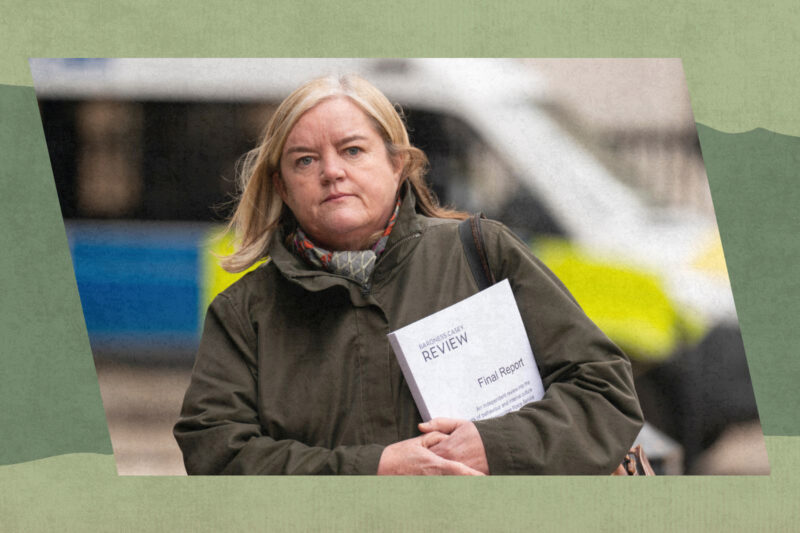
When relationship boundaries become walls
Personal boundaries are essential to a relationship – but enforcing them too rigidly risks pushing our partners away
–
As far as breakups go, it’s probably hardest to do if you’ve been dating a celebrity. Not least because afterwards the question asked by the media and everyone else is always the same: who was the villain in the relationship?
That question came up recently on social media when the professional surfer Sarah Brady posted a series of text message conversations with her ex-partner — the actor and director Jonah Hill — suggesting that his relationship with her was emotionally manipulative.
Brady’s revelations, made via Instagram stories, showed Hill asking Brady to take down surfing videos he considered to be revealing and sexually suggestive. In another message, he provided an extensive list detailing his “boundaries for a romantic partnership”. They included her surfing with men, modelling and having friendships with “women from unstable places and from your wild recent past”. If Brady couldn’t observe those lines, Hill said, he “was not the right partner” for her.
Brady’s posts split opinion on the internet. Some saw Hill as controlling and suggested that the terms he used weaponised so-called “therapy language” against her. Others said that, while his boundaries might seem extreme, Hill was entitled to them and right to end the relationship amicably if he felt they had been violated.
Don’t get me wrong. Brady had every right to feel heartbroken at the end of the relationship and angry if she felt she was mistreated. However, I feel this story is being used to make unrealistic points about the existence of boundaries in relationships — and not just because Hill and Brady are both celebrities whose lives differ vastly from most of ours. Much of the discussion has ignored how complex human relationships are and that, when we enter into them, we give our partners exclusive access to our lives and the ability to shape them in ways that are sometimes unexpected.
The conversation surrounding Brady and Hill also seems to assume that a person’s boundaries are static, rather than a set of vague principles subject to constant change. In relationships, we all have wants and needs. The necessary components of a healthy partnership should be non-negotiable: faithfulness, honesty, compassion, and someone who is nice to our friends and families.
Wants are trickier. Addressing them requires us to be realistic about what we expect from our partners and to communicate those desires to them with candour. We may initially want them to be interested in our hobbies and passions, or to hold similar political or religious beliefs, only to realise that may be too tall an order.
Sometimes, our wants can be a reflection of personal insecurities, such as the fear of abandonment. That’s certainly why I prefer that my partner doesn’t hang out with other women. While I know it’s an issue linked to my own anxieties, that doesn’t make it less important to me.
When it comes to matters like that, if both parties want to make a relationship work they will probably have to compromise. Embedded within such an approach is the understanding that, while we are entitled to want our relationships to function in a certain way, our partners shouldn’t feel emotionally coerced into fulfilling those ideals. Imposing your will on another person can create an environment in which they are scared to be themselves, and see the relationship as a test rather than a caring, safe space.
In short, being in a relationship requires the understanding that our partners are fallible and can disappoint us, or make decisions we wouldn’t. When they inevitably do something we disapprove of, it’s far better to communicate honestly and calmly than to frame their actions as a deliberate violation.
As we negotiate and communicate with our partners, I also think it’s important to consider how much trust and intimacy sharing such information requires. That’s why, despite understanding Brady’s actions, I would hesitate to do the same to an ex. At a time when anyone’s public life can be scrutinised within an inch of itself, the sanctity of our private lives is more important than ever.
For me, the lesson to be learnt from Hill and Brady’s breakup is that we should think about what we want to commit to when entering into a relationship, but resolve not to hold on to those ideas too rigidly. After all, when someone chooses to be with you they hand you a great deal of power over their lives. It’s your responsibility to use that power fairly and wisely.
 Newsletter
Newsletter












